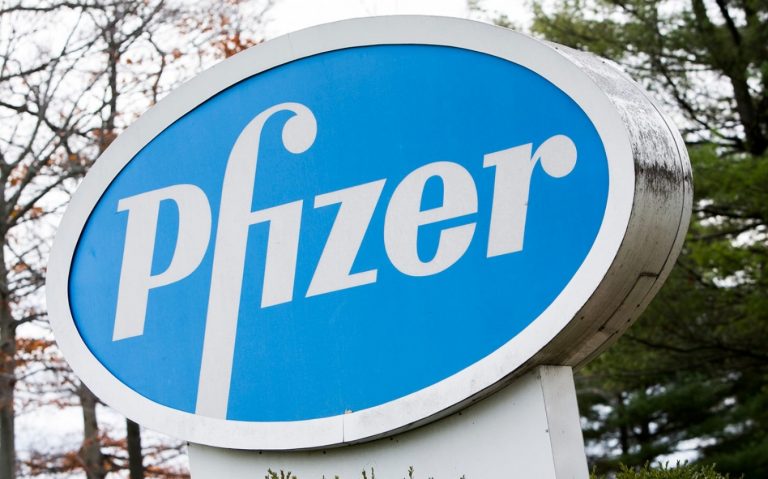
Pfizer Inc. (NYSE:PFE) drug candidate bococizumab turned out be successful in a placebo-controlled trial for reducing cholesterol levels in two sets of patients. The data came from two Phase III trials of the candidate, where one assessed its performance in 711 patients and another in 370 patients. But Pfizer’s bococizumab will have to face off with competitors from Sanofi SA (NYSE:SNY) and Regeneron Pharmaceuticals Inc (NASDAQ:REGN) and Amgen, Inc. (NASDAQ:AMGN) in the PCSK9 market.
Sanofi and Regeneron jointly own and market a cholesterol drug called Praluent and Amgen is the name behind Repatha.
Cardiovascular outcomes data
The positive results from the two Phase III studies have brought Pfizer’s bococizumab closer to approval. But to beat competition in the PCSK9 market, Pfizer is working to also show that bococizumab can help prevent cardiovascular (CV) problems. As such, the company hopes to launch the drug along with data that shows its ability to prevent heart attacks, strokes and other cardiovascular diseases.
Going by Pfizer’s own estimates, CV outcomes data on bococizumab could be out in the back half of next year. That suggests that the CV outcomes data might come immediately after the FDA has approved bococizumab for cholesterol level reduction.
Pfizer appears focused on generating maximum value from the sale of bococizumab. The CEO, Ian Read, observed that they need CV outcomes data to enable them to get the most out of bococizumab. According to Read, cholesterol reduction properties alone won’t be enough to make bococizumab profitable over competitors.
Wider PCSK9 franchise
Outside of bococizumab, Pfizer is in the process of developing more PCSK9 medicines as part of its efforts to create a PCSK9 franchise and unlock new revenue opportunities. The company already has a small-molecule PCSK9 drug candidate in its pipeline that has demonstrated significant cholesterol reduction in preclinical studies in animal subjects.




